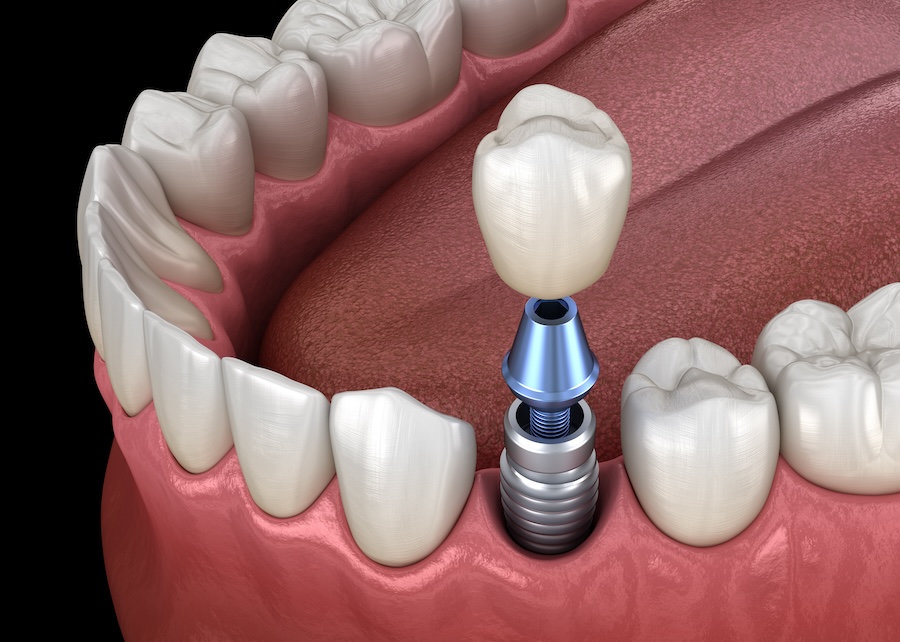
If you’re thinking about replacing missing teeth, dental implants might have already caught your attention. Known for their durability, natural appearance, and long-term benefits, they’re a great option for many patients. But are they right for you? Let’s break down the essential factors to help you decide.
1. Your Overall Health
Before diving into the implant process, your overall health plays a significant role in determining if you’re a good candidate. While oral health is a must, certain medical conditions—like diabetes, autoimmune diseases, or heart conditions—can affect how well your body heals post-surgery. Even smoking can interfere with healing. If you have any of these conditions, it doesn’t mean implants are out of the question, but it’s vital to consult your dentist to discuss how to manage them before starting treatment.
2. Jawbone Health & Density
Dental implants need a solid foundation—your jawbone. If you’ve been missing teeth for a while, the bone in your jaw may have weakened or thinned. Implants require sufficient bone mass to anchor securely, so if there’s not enough, your dentist might recommend a bone graft before placing the implant. This extra step helps build up your jaw and increases the chances of implant success.
3. Versatility of Implants
One of the major advantages of dental implants is their versatility. Whether you’re missing a single tooth, multiple teeth, or an entire arch, implants can provide a solution. A single dental implant can replace an individual tooth with a natural-looking crown. For those missing several teeth, implant-supported bridges are a durable option, avoiding the need to involve adjacent healthy teeth. And for patients missing most or all of their teeth, implant-retained dentures or implant-supported dentures offer more stability than traditional dentures, providing better comfort and functionality.
4. Time Commitment
Dental implants take longer than other tooth replacement options, and the process can stretch over several months. After the implant is placed, your jawbone needs time to heal and bond with the implant in a process called osseointegration, which can take a few months. Then, the crown (the tooth-like part) is attached. If you’re looking for an immediate solution, implants might not offer the quick fix you’re after, but their long-term stability makes them worth the wait for many patients.
5. Cost vs. Longevity
There’s no denying that implants can be pricier upfront compared to alternatives like dentures or bridges. However, implants are often a long-term investment in your dental health, lasting for decades with proper care. Dentures and bridges, while less expensive initially, may need to be replaced or adjusted every few years. Weighing the initial cost of implants against their potential to last a lifetime is a key factor when considering this treatment.
6. Daily Comfort and Maintenance
Unlike dentures, which may slip or require adhesives, dental implants function like natural teeth. You won’t need to remove them for cleaning or worry about them moving when you eat or speak. Plus, they don’t require any special care—just regular brushing, flossing, and routine dental visits. If comfort and ease of maintenance are top priorities for you, implants offer significant advantages over removable options.
Why Choose True Dental in Odenton, MD?
Dental implants can transform your smile, but they’re not a one-size-fits-all solution. At True Dental in Odenton, MD, Dr. Jai Shin and Dr. Julie Shin will carefully assess your health, jawbone density, and overall dental needs to create a personalized treatment plan. Whether you’re considering a single implant, multiple implants, or implant-supported dentures, our team is here to guide you every step of the way.
If you’re ready to explore your options, contact us to schedule your consultation. We’re here to help you achieve a smile that’s not only beautiful but built to last.
